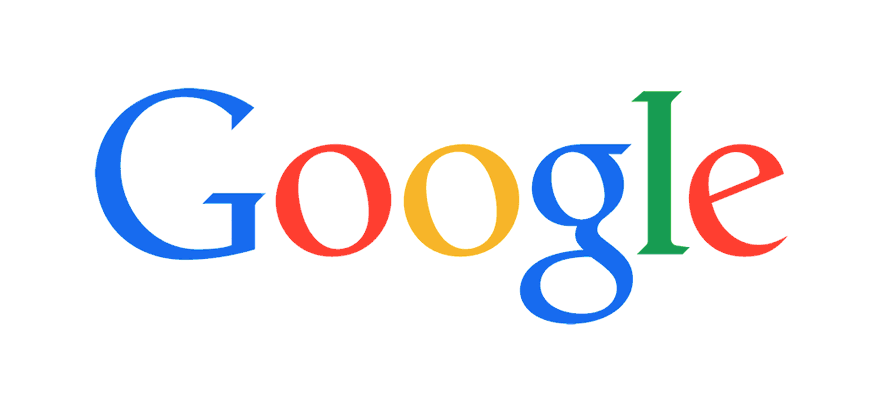
Sundar Pichai, Google’s CEO, is giving more insight on how the company plans to work with artificial intelligence, machine learning, and virtual reality for moving toward what he called “an AI-first world.”
In a Founders’ Letter posted on Google’s official blog today, he also proposed a plan for how the company can continue to make information accessible.
Pichai said that, moving forward, Google wants to continue to put one thing above everything else: “making information and knowledge available to everyone.” He said in order to do this, Google has a lot of work to do to make search and other Google services helpful to its users. The goal is to have users move seamlessly so they can get all of their information as needed, while still protecting their user data at the same time.
(Related: AI predicts cyberattacks from criminals)
Pichai wrote that a driving force behind all of the work being done for search and other services is Google’s investment in machine learning and AI. Google’s recent AI breakthrough came when DeepMind’s AlphaGo took on the world’s greatest Go player, Lee Sedol, and defeated him in March.
Pichai wrote that this is just one step toward “creating artificial intelligence that can help us in everything from accomplishing our daily tasks and travels, to eventually tackling even bigger challenges like climate change and cancer diagnosis.”
With more users moving to mobile, Google also wants to focus on helping users discover content from platforms like Google Play and YouTube. Pichai wrote that Google has been making YouTube and Google Play “useful platforms for discovering and delivering great content from creators and developers to our users, when they want it, on whatever screen is in front of them.”
In the future, Google is going to continue to invest in the mobile Web. In the past year, Google has worked with developers and others who are helping make the Web on mobile devices more effective for its users. Part of this fast user experience comes from the introduction of Accelerated Mobile Pages, which is Google’s project to create mobile-optimized content that loads instantly for users everywhere.
As for computing platforms, Pichai wrote that no longer is computing limited to desktops. He said that there are already plenty of developments for screens in cars, watches and virtual reality, and that Cardboard has introduced more than 5 million people to virtual reality.
“Over time, the computer itself—whatever its form factor—will be an intelligent assistant helping you through your day,” wrote Pichai. “We will move from mobile-first to an AI-first world.”
Google also has a growing range of enterprise offerings like the Google Cloud Platform, Google Apps, Chromebooks, Android, image recognition, speech translation, maps, machine learning for customers’ proprietary data sets, and more, according to the company. Google’s long-term investments in productivity tools will be supported by its machine learning and artificial intelligence efforts, wrote Pichai.
“For us, technology is not about the devices or the products we build. Those aren’t the end goals,” he added. “Technology is a democratizing force, empowering people through information.”





